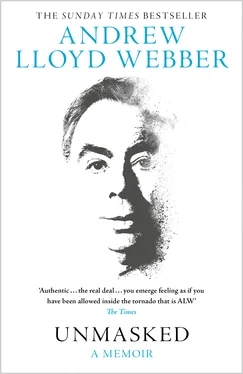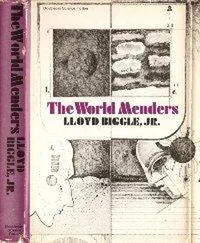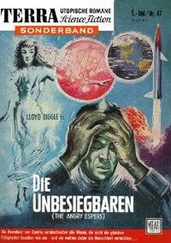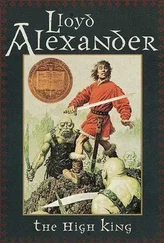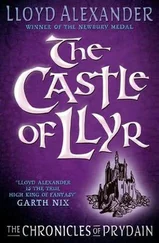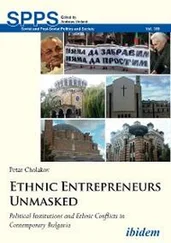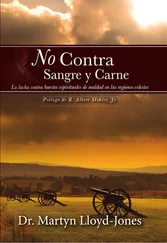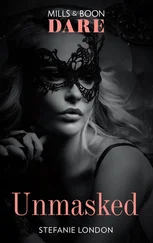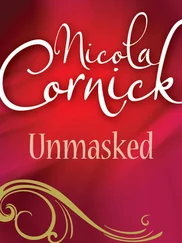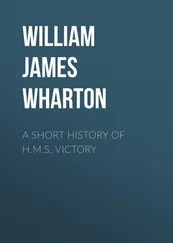I was totally distraught. I was – I still am – paranoiac about the army and I was terrified out of my skull. I found my stock of aspirin and took an overdose. I woke to find a doctor’s face pressed close to mine demanding what the hell was I doing frightening my parents like this. I can’t tell you if it was a cry for help or whether I meant it. I don’t know.
A psychiatrist concluded that my paranoia about the army was genuine and, if not exactly an illness, mirrored a problem that also bedevilled my father. Apparently he had frozen during a military assessment when he was conscripted in the war. I will never know what else the report about me said but I do know it found that I had vertigo. I could have told them that. I once seized up completely when I was very small and made to stand on a box as a punishment. These days I get vertigo if I just stand up.
So my army days came to an inglorious halt. I got a dire warning from the Commanding Officer that the incident would go on my permanent record at MI5, thus scuppering any chance of a career in public life. But my wonderful housemaster Jim Woodhouse was sympathetic. So the end of 1963 saw me still hanging on to Westminster life, not kicked out as a misfit as a lot of schools would have done. The year end was a yawn. Robin Barrow had left so there was no Christmas show to compose. I got a few offers to be a pretty boy pianist at Desmond Elliott’s publisher friends’ Christmas parties and earned a few quid and the sort of tweak of the bottom that might aggravate Taylor Swift. 1963 may well have been the year The Beatles saw and conquered, but for me it was like the French wine vintage. A whiter shade of something that didn’t taste very nice in the first place.
IT WAS WINE THAT ushered in my 1964 with a cock-up that could have put paid to my Westminster career big time. Auntie Vi knew a wine merchant and I was allowed to coat-tail onto a tasting of 1961 clarets. 1963 may have been for both French wine growers and myself an “ année de pissoir ” but 1961 was hailed as the reason people bother to grow grapes. The wine tasted and looked like ink to me, but I was firmly told that in 50 years’ time things would be different and that the ink would probably outlive me. So with my Christmas party earnings I forked out on a couple of cases of Château Palmer. This apparently was the bargain of the vintage, a wine from a lesser-known château that had punched beyond its weight. Wine bores will confirm that Vi’s wine merchant knew what he was salivating about.
The snag was that instead of delivering the stuff to my parents’ flat it somehow got delivered to Westminster School. Since alcohol and smoking were offences punishable by expulsion, I assumed that my teatime summons to the study of John Carleton the headmaster meant the end was nigh. I explained what had happened: that no sane person would drink this wine for decades and it had simply gone to the wrong place. The headmaster asked me rather too pointedly if I liked wine. I couldn’t lie. I simply said that my uncle collected Italian wine and, yes, I had tasted the odd glass of his best and, yes, I did like it. The headmaster thought for a moment and then ordered me to come back and see him in a couple of hours. These I spent agonizing about the even more agonizing two minutes that almost certainly awaited me if he had decided that those two hours were not my Westminster swansong. But instead of a scowling HM clasping his infamous six foot cane he stood there beaming. A small table had been laid with a decanter and two glasses.
“I have a small dinner party tonight and I am serving a 1945 Château Léoville Barton,” declared the man the school nicknamed Coote. “I thought you might like to taste it with me.”
Thus began my friendship with the headmaster. I valued my time with him, even if it did sometimes mean sitting very close to him on his sofa.
5
“Mr Lloyd Webber, Do You Like Cats?”
Come 1964 Swinging London was really taking off. I had a bit more freedom at school now. Carnaby Street spewed out “mod” clothes. Beatlemania and Beatle boots lurked everywhere. Even big American pop stars were making desperate attempts to sound hip in Britain. Two Yanks in England was the latest Everly Brothers album offering. Even Bobby Vee experimented with The New Sounds from England , albeit with an occasional Buddy Holly hiccup.
In January I somehow got a ticket in the cheap seats for the theatrical event of the year – for me perhaps of all time – the opening performance of Franco Zeffirelli’s production of Tosca with Maria Callas and Tito Gobbi. So much has been written about the few legendary performances they gave that all I will say is that it was life-changing for me. I saw just how much two world-class opera performers at the top of their game can bring to an all too familiar work.
It certainly opened the eyes of many opera critics. Because Puccini was the commercial backstop of every opera company he had become devalued as a composer. To serious opera buffs his stock was similar to the Sixties intelligentsia’s view of Rodgers and Hammerstein. Every time an opera house needed bums on seats they wheeled out a tired old production of La Bohème , Tosca or Madame Butterfly played by a disinterested orchestra and regarded by the management as a necessary ill to pay for the real stuff of opera which unfortunately the ignorant public had no desire to see.
Everyone has a Tosca story, e.g. the fat soprano who threw herself off the rooftop of the Castel Sant’Angelo only to bounce up over the ramparts from the trampoline stationed beneath. Tosca had been called a “shabby little shocker.” The Oxford Companion to Music (Seventh Edition by Percy Scholes) had this condescending entry – about a third the length of Bartók’s – about Puccini. It speaks volumes.
The music is essentially Italian in its easyflowing melody … his harmonies just original enough to rouse the attention of the conventional opera goer … he employs not so much his own system harmony as that of his immediate predecessors served up with new condiments.
Here at last was a production that took the music seriously, gave it first-class production values and proved what a master theatre composer he was. Parenthetically, much as I love Tosca the only other Puccini opera I know well is La Bohème . For some reason, I have never got to grips with Madame Butterfly or Manon Lescaut . In fact my knowledge of opera is not as deep as all that. One of my problems is that I can’t hear the words. It’s worse when they’re unintelligible and supposed to be being sung in English.
IN FEBRUARY 1964 TWO ex-Westminster boys joined the Swinging London party. Peter Asher and Gordon Waller were both prefects during my early days at school. Gordon had fronted various Elvis-type school acts and had definitely been the school’s hot dude. Little then did I think that only a few years later he would play Pharaoh in the first stage production of Joseph and the Amazing Technicolor Dreamcoat .
Peter’s claim to fame was that his sister Jane was Paul McCartney’s girlfriend. This was helpful as far as Peter and Gordon’s debut single was concerned since Paul wrote it. “A World Without Love” went to No. 1 on both sides of the Atlantic. It was the first time anyone from a British public school had done such a thing. I thought Westminster needed to commemorate this momentous feat. I booked up to see Headmaster John Carleton who heartily agreed that once again Westminster was ahead of the curve.
Not only did he give me complete use of the school theatre, but he allowed the whole school a special holiday to see my celebration. My enterprise was much abetted by Desmond Elliott. Whether he or I came up with the abominable title Play the Fool , I can’t remember so I’ll blame him. What I do remember is that the invites were sent out to random key people whose addresses I stole in envelopes that looked like writs. The response was astonishing. Soon people who hadn’t been invited were clamouring for tickets to this happening under the nose of Westminster Abbey.
Читать дальше
